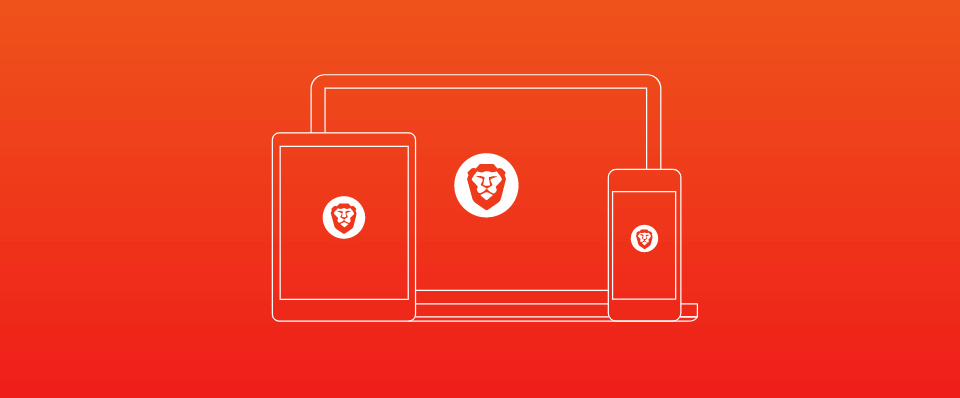Brave Browser Leaks Onion Addresses In DNS Traffic

The Tor mode included with the Brave web browser allows users to access .onion dark web domains inside Brave private browsing windows without having to install Tor as a separate software package.
Added in June 2018, Brave's Tor mode has allowed throughout the years access to increased privacy to Brave users when navigating the web, allowing them to access the .onion versions of legitimate websites like Facebook, Wikipedia, and major news portals.
But in research posted online this week, an anonymous security researcher claimed they found that Brave's Tor mode was sending queries for .onion domains to public internet DNS resolvers rather than Tor nodes.
While the researcher's findings were initially disputed, several prominent security researchers have, in the meantime, reproduced his findings, including James Kettle, Director of Research at PortSwigger Web Security, and Will Dormann, a vulnerability analyst for the CERT/CC team.
Furthermore, the issue was also reproduced and confirmed by a third source, who also tipped off ZDNet earlier today.
The risks from this DNS leak are major, as any leaks will create footprints in DNS server logs for the Tor traffic of Brave browser users.
While this may not be an issue in some western countries with healthy democracies, using Brave to browse Tor sites from inside oppressive regimes might be an issue for some of the browser's other users.
Brave Software, the company behind the Brave browser, has not returned a request for comment sent before this article's publication earlier today.
Over the past three years, the company has worked to build one of the most privacy-focused web browser products on the market today, second only to the Tor Browser itself.
Based on its history and dedication to user privacy, the issue discovered this week appears to be a bug, one the company will most likely hurry to address in the coming future.
Update: Minutes after this article went live, the Brave team announced a formal fix on Twitter. The patch was actually already live in The Brave Nightly version following a report more than two weeks ago, but after the public report this week, it will be pushed to the stable version for the next Brave browser update. The source of the bug was identified as Brave's internal ad blocker component, which was using DNS queries to discover sites attempting to bypass its ad-blocking capabilities, but had forgotten to exclude .onion domains from these checks.
tl;dr
1. this was already reported on hackerone, was promptly fixed in nightly (so upgrade to nightly if you want the fix now)
2. since it's now public we're uplifting the fix to a stable hotfixroot cause is regression from cname-based adblocking which used a separate DNS query https://t.co/dLjeu4AXtP
— yan (@bcrypt) February 19, 2021
How Fintech Is Revolutionizing Traditional Banking
How fintech is revolutionizing traditional banking is a topic that is garnering positive and immense discourse within th... Read more
Blockchain And Its Impact On Fintech Industry
Blockchain and its impact on Fintech Industry has become a hot topic in the current digital era. The amalgamation of blo... Read more
The Rise Of Fintech In The Digital Era
In the heart of the digital revolution, we've observed a term termed as "fintech" creating a substantial and transformat... Read more
Role Of Fintech In Transforming Retail Banking
The role of fintech in transforming retail banking is producing significant changes in the financial services industry. ... Read more
Fintech Innovations In Asset Management
Financial technology, or FinTech, refers to the blending of financial services with technology. The importance of FinTec... Read more
Exploring The Future Of Accounting Software: Unveiling The Power Of AI
The revolutionary ignition sparked by artificial intelligence (AI) cannot be understated in contemporary business ecosys... Read more

